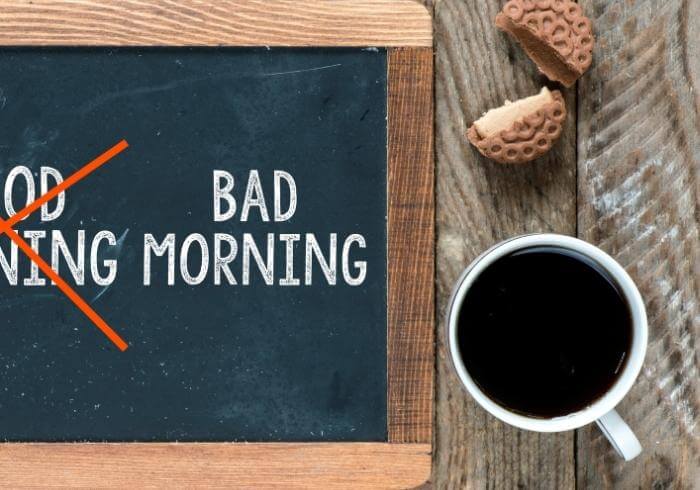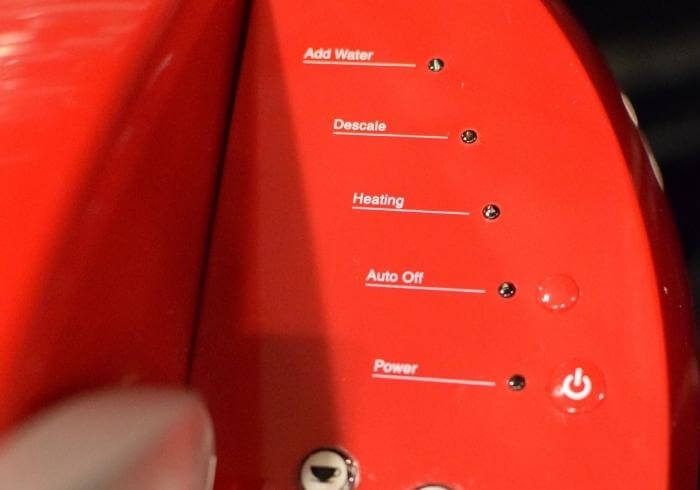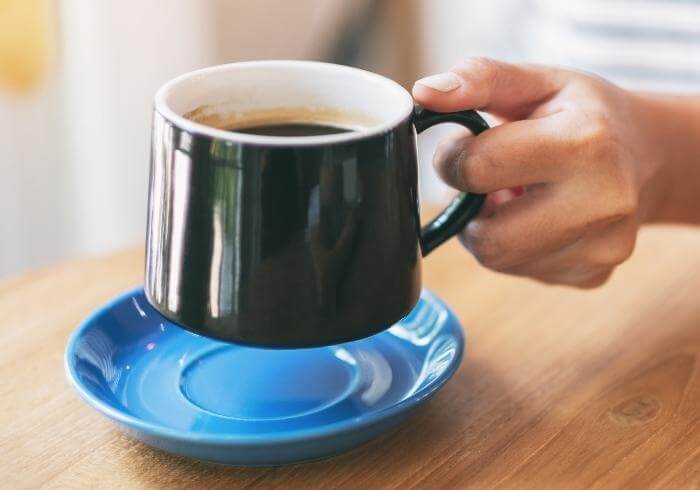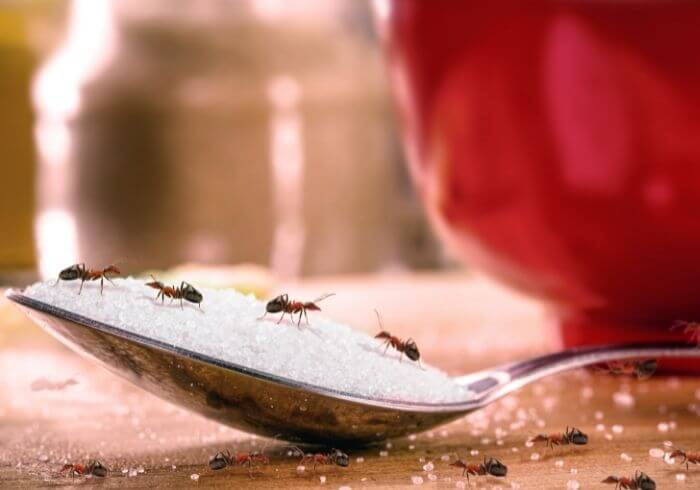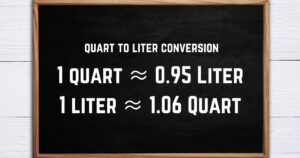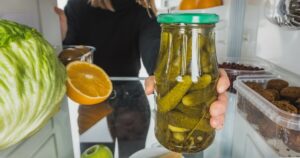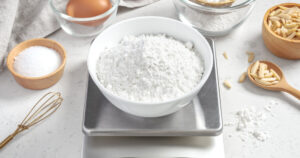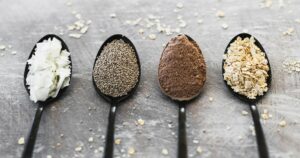Yes, coffee causes about 30% – 40% of the population to poop soon after consumption. It seems to be fairly common knowledge that coffee can stimulate your digestive system, but no one really talks about it.
Researchers are unclear as to whether the caffeine or the acidity of coffee causes problems. Perhaps it is both, or perhaps there is some other aspect of coffee that tends to cause irritation and/or stimulation of the gastrointestinal tract.

Why Does Coffee Make My Stomach Hurt?
The acidity of coffee stimulates your stomach to produce greater amounts of bile.
This is an alkaline substance. When it is produced in excessive amounts, it can cause stomach upset, a bitter taste in the back of your throat and even diarrhea.
Although there is no clinical evidence to prove it, anecdotal evidence strongly suggests that the acid in coffee can cause painful transient problems such as acid reflux, acid indigestion and heartburn.
Related | Best Low Acid Coffee
The acidity in coffee can also cause some serious problems over time. If you drink quite a bit of coffee on a regular basis, the acid can take a toll on your stomach lining and the inside of your intestines. This can cause or worsen conditions such as ulcers and gastritis.
Is Coffee A Laxative? Caffeine And Diarrhea
It is common knowledge that drinking a cup of coffee can result in a laxative effect. This is because the caffeine found in coffee acts as a pro-motility agent or a catalyst. It triggers a natural response in the body known as the gastrocolic response.
The gastrolic reflex occurs because there is only so much room in your gastrointestinal system. When the stomach is stretched by the introduction of new substances, waste substances must be vacated.
This happens whenever you ingest anything; however, the response appears to be stronger when substances containing caffeine are ingested.
Caffeine acts as an especially strong trigger to this response.
Negative Effects Of Caffeine
In addition to acting as a stimulant laxative, there is also evidence to suggest that the caffeine in coffee hampers good digestion by causing food to move too quickly through the digestive process.
Related | How To Get Rid of Coffee Jitters
This is undesirable because when food that has not been completely digested moves from the stomach into the small intestine, it can be quite painful.
Additionally, speeding up the digestive process limits the amount of nutrients you absorb from the foods you eat.
As a stimulant, caffeine can trigger anxiety and cause loss of sleep.
Too much caffeine can also interfere with a strong, steady heartbeat. Anxiety increases cortisol (the stress hormone) in your system and can cause problems such as difficulty maintaining a healthy weight and gastric distress, such as pain, cramping and diarrhea.
Does Decaf Coffee Make You Poop?
You may think that switching to decaf coffee or to soft drinks that are advertised as caffeine free would solve the problem, but this is not necessarily true.
Remember that researchers are unsure exactly what quality in coffee causes problems, so even without caffeine, the acidity or some other aspect of the drink may cause you gastric difficulties.
Decaffeinated soft drinks contain artificial colors, flavors and chemicals that have no legitimate business in your body. It only stands to reason that your body would seek to rid itself of them as quickly as possible.
Both caffeinated coffee and decaf can cause irritation of the bladder and/or prostate gland. People who have prostate or bladder problems are strongly advised to avoid coffee altogether.
These are some of the reasons why many doctors caution their patients against coffee drinking, but it’s not just coffee that can cause problems.
Any beverage containing caffeine can over-stimulate the gastrointestinal tract and cause problems.
What Can You Do To Limit The Coffee And Diarrhea Effect?
If you’re still saying “coffee gives me diarrhea,” you may not have to give it up altogether. Try cutting back. If you currently drink two cups a day, try reducing it to one or using a smaller cup.
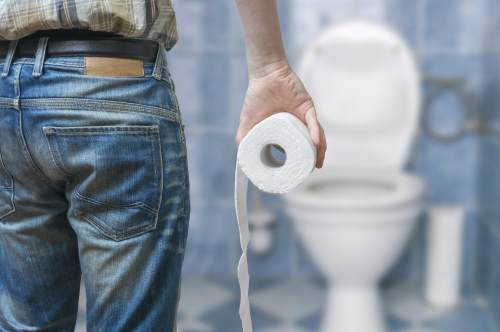
You might also try switching to decaf. Although it can cause problems for some people, this is by no means universal. It may be the right solution for you.
You may also be surprised to learn that French roast, espresso and other rich coffees actually contain less caffeine than common roasts. In fact, you should be especially wary of the cheap coffee you can find in diners and from street vendors.
A cup of low cost, low quality coffee generally contains more than twice the caffeine of a shot of really good espresso.
Related | Best Grocery Store Coffee
You should also consider that it may not be coffee that’s bothering you at all. If you use sugar, creamer or artificial sweetener, that may be the problem. Lactose, artificial colors, flavors and chemicals and sugar can all have a laxative effect.
Additionally, these products can cause bloating and flatulence.
It’s easy to see there is no one-size-fits all answer if you are wondering why or if coffee drinking is causing you to experience diarrhea and/or other gastrointestinal problems. Pay close attention to how coffee affects your body, and be realistic.
If you know that you have a condition such as Irritable Bowel Syndrome (IBS), ulcerative colitis or Crohn’s disease, don’t try to pin the blame on coffee. You should be avoiding coffee altogether!
What If You Can’t Solve Your Problem?
If you have cut back on coffee, left off the additives and tried decaf, all to no avail you may need to simply quit coffee and see if that solves your problems.
If not, you should definitely make an appointment with your doctor to find out what the problem might be. He or she may send you to a gastroenterologist for a specialized exam and workup.
When you speak with the doctor, be sure to be completely honest about your eating and drinking habits. Review your health history thoroughly and include any surgeries you may have had and drugs you may have taken.
Remember to tell the doctor about any trips you may have taken. It may turn out that you have picked up a virus or parasite that is causing your problems.

